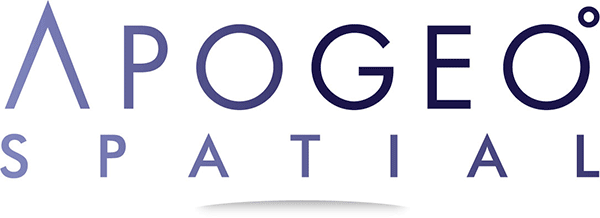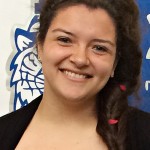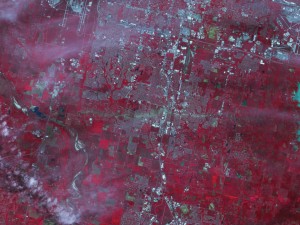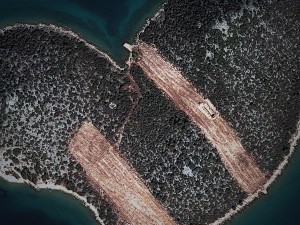THE THACHER ENVIRONMENTAL RESEARCH CONTEST IS AN ANNUAL COMPETITION founded by the Institute for Global Environmental Strategies (IGES), and honoring Peter Thacher, a former IGES board member and leader in promoting the use of remote sensing. The Thacher Contest challenges students grades 9-12 to use geospatial tools and data to create innovative research projects. Winners of the contest receive cash prizes of $2,000, $1,000 and $500.
GRAND PRIZE WINNER is Zachary Weishampel, for his paper, “Remote Sensing of Water Quality Trends of Central Florida Lakes Over 30 Years: Headwaters of the Everglades & St. Johns River Systems.
Zachary is going into his sophomore year at Paul J. Hagerty High School this fall. He writes, “I have always enjoyed science courses and learning how nature works. My father, a biology professor at the University of Central Florida in Orlando, Florida, and my mother, an elementary gifted math and science teacher, encouraged me. Starting at a young age, science interested me. In 5th grade, I liked going on the ‘mud walk’ tromping through alligator-infested wetlands of Seminole County.”In 6th grade, he received honorable mention at the State Science and Engineering Fair of Florida for an experiment to determine the effects of cigarette filters on a common freshwater crustacean. In 7th grade, he placed 3rd in the Seminole County Science and Engineering Fair in the Earth and Space Science Category. His project identified how hurricane path characteristics related to model prediction accuracy. This past year, his Experimental Research teacher, Ms. Zietlow, helped him to focus his research project, which used Landsat Thematic Mapper imagery to examine water quality trends in central Florida lakes. He placed 3rd in the State Science and Engineering Fair in the Environmental Science category. This summer, he is a volunteer camp counselor at the Orlando Science Center. During his freshman year, he was also on the varsity high school soccer, cross country, and track teams.
2ND PLACE WINNER is Soo Yeon (Sean) Lee, for his paper, “Exploring the Influence of the Aerosols on Regional Precipitation Through the Case of Wildfires: Observation of the Deepening Effect of Aerosols.”
Sean, a senior this fall at the Stevenson School in Pebble Beach, Calif., was inspired by his inability to see a single star from his hometown of Seoul, Korea, due to air pollution. Sean conducted research exploring the effects of wildfires on aerosols and precipitation in the southwestern U.S. Using Moderate Resolution Imaging Spectroradiometer (MODIS) imagery and precipitation maps, Lee was surprised to discover that where there was an increased atmospheric aerosol count, there was also a slight increase in precipitation rates. He is planning on continuing his study in Environmental Engineering at University of Iowa this summer. When he is not thinking about engineering, he loves reading mystery books and playing Sudoku.
3RD PLACE WINNER is Destiny Burnett, for her paper, “How Is Vegetation Health Affected When It Is Disturbed By Human Development?”
Destiny, a senior this fall at Patrick Taylor Academy in Gretna, La., was curious about the impact her school had on local vegetation in nearby wetlands. Using geospatial software, Destiny analyzed Near-Infrared (NIR) Composite, Middle Infrared (MIR) Composite, and Normalized Difference Vegetation Index (NDVI) data from 2001-2011, noting areas not only lacking vegetation, but also observing that areas with remaining vegetation appeared unhealthy. She is active in Student Government Association and National Honor Society, and she is President of the Patrick Taylor Book Club. In her spare time, she enjoys reading, listening to music, writing, and bettering her high scores in Dance Central. Destiny plans to attend Louisiana State University in Baton Rouge for her bachelor’s degree; her major remains undecided amongst anthropology, psychology, and creative writing.





